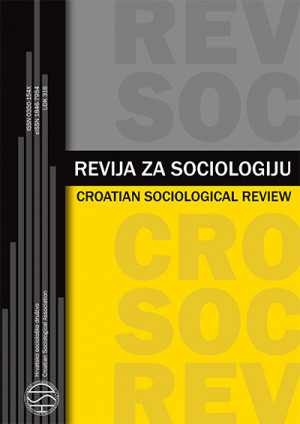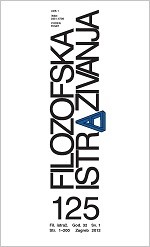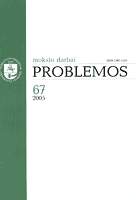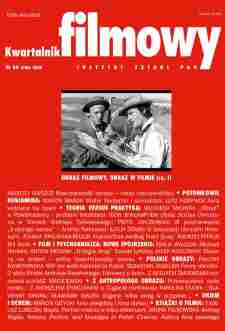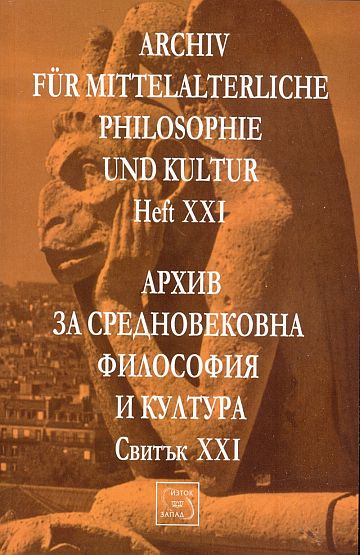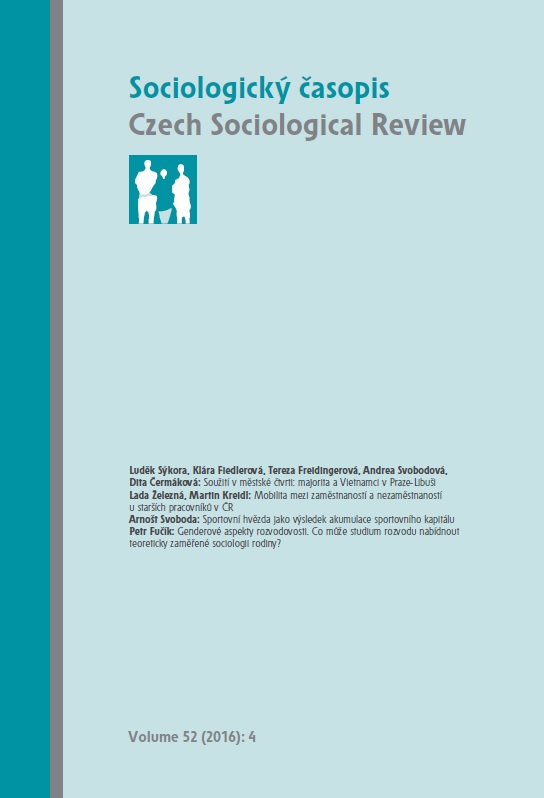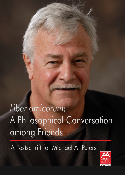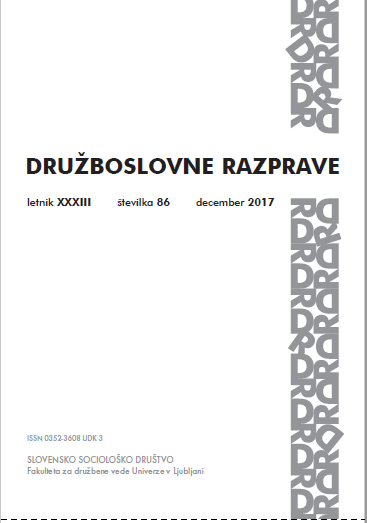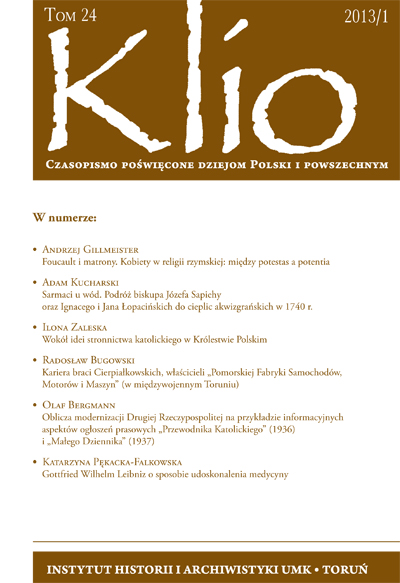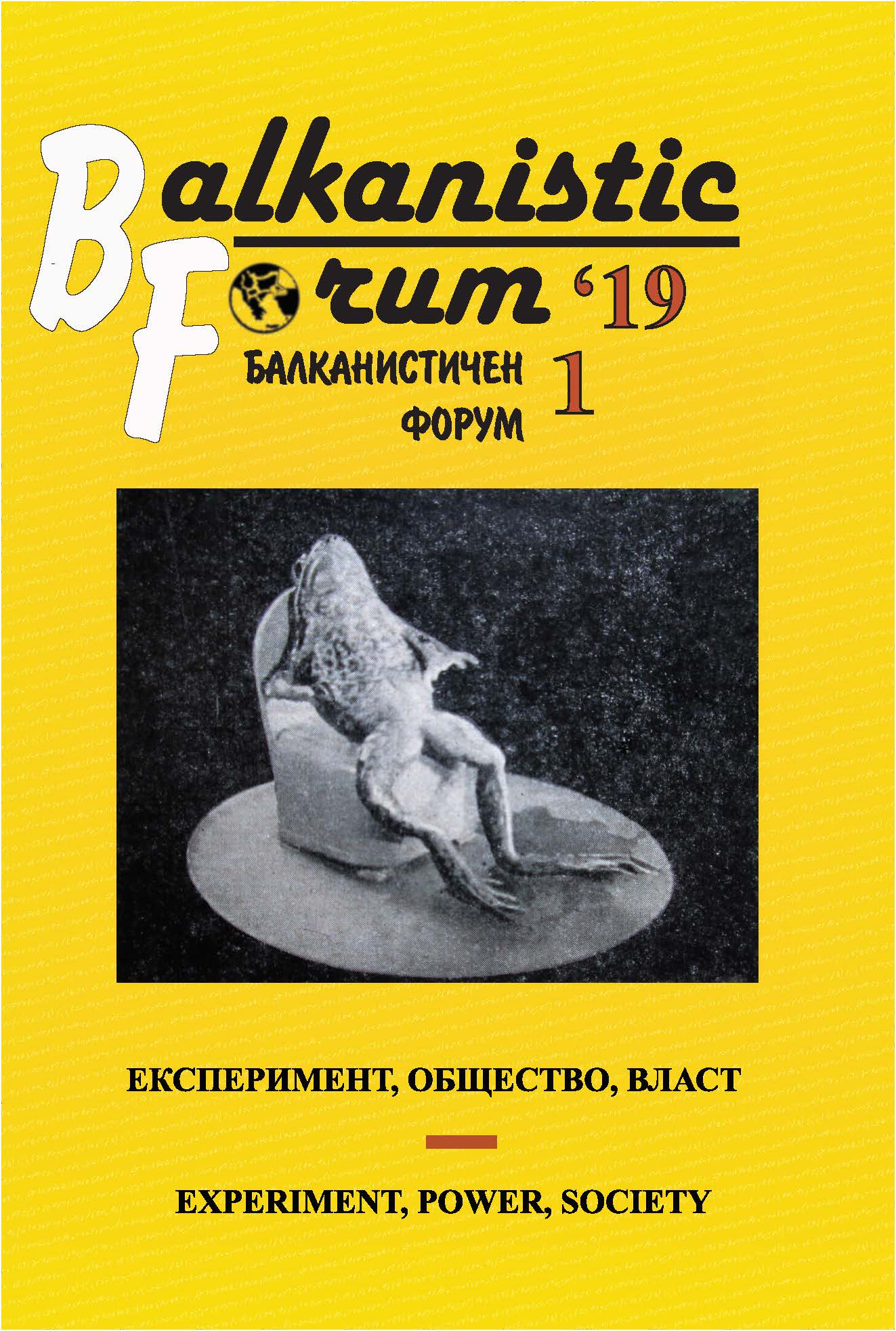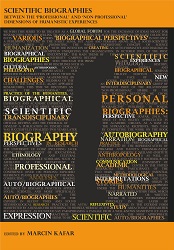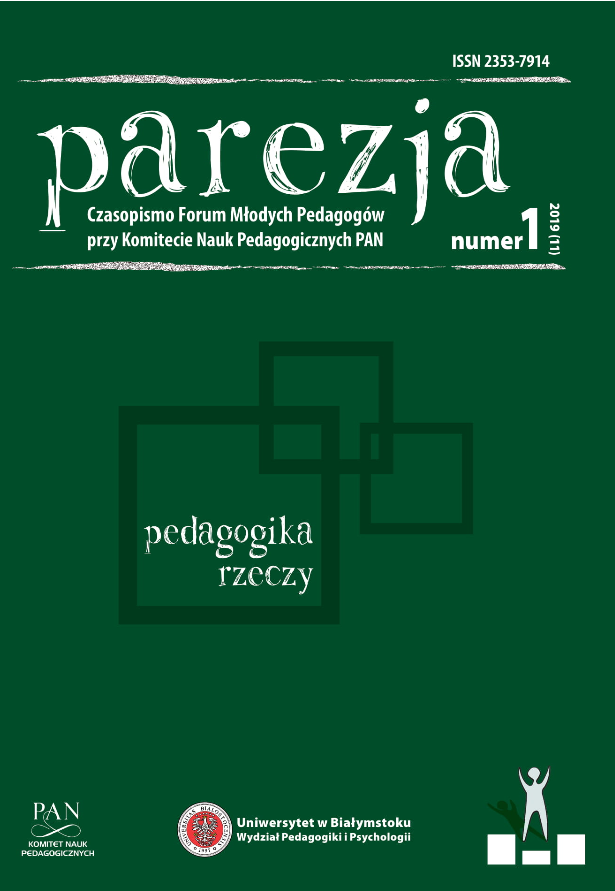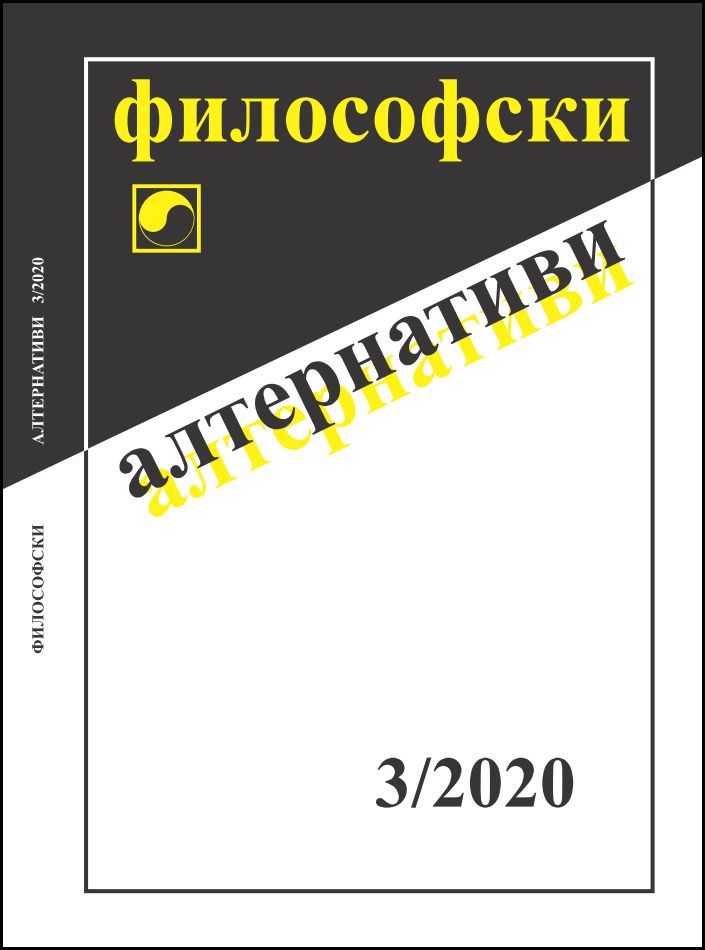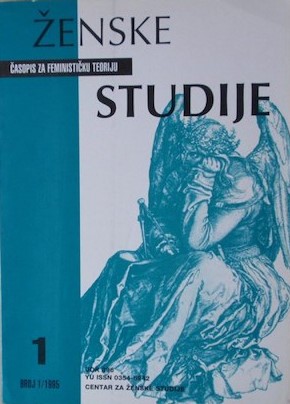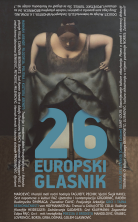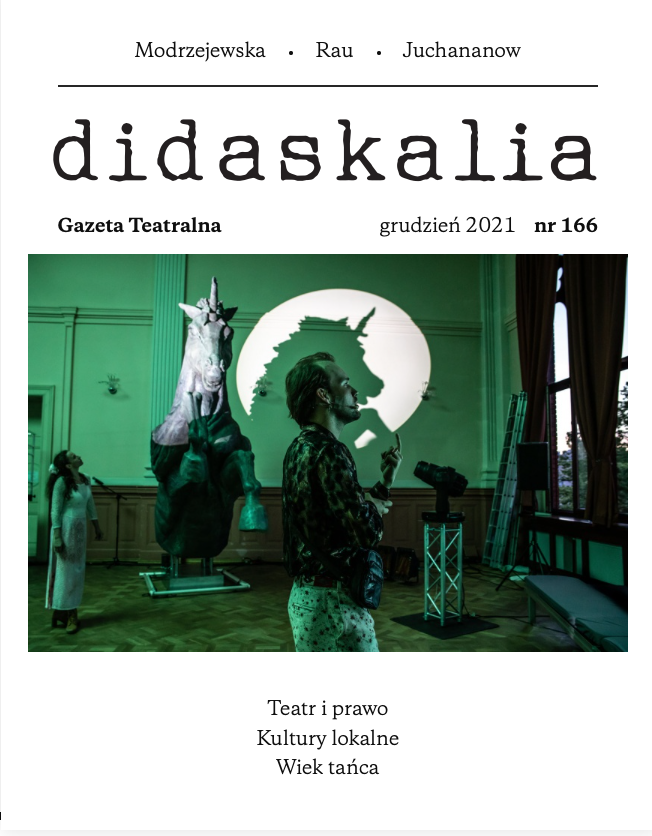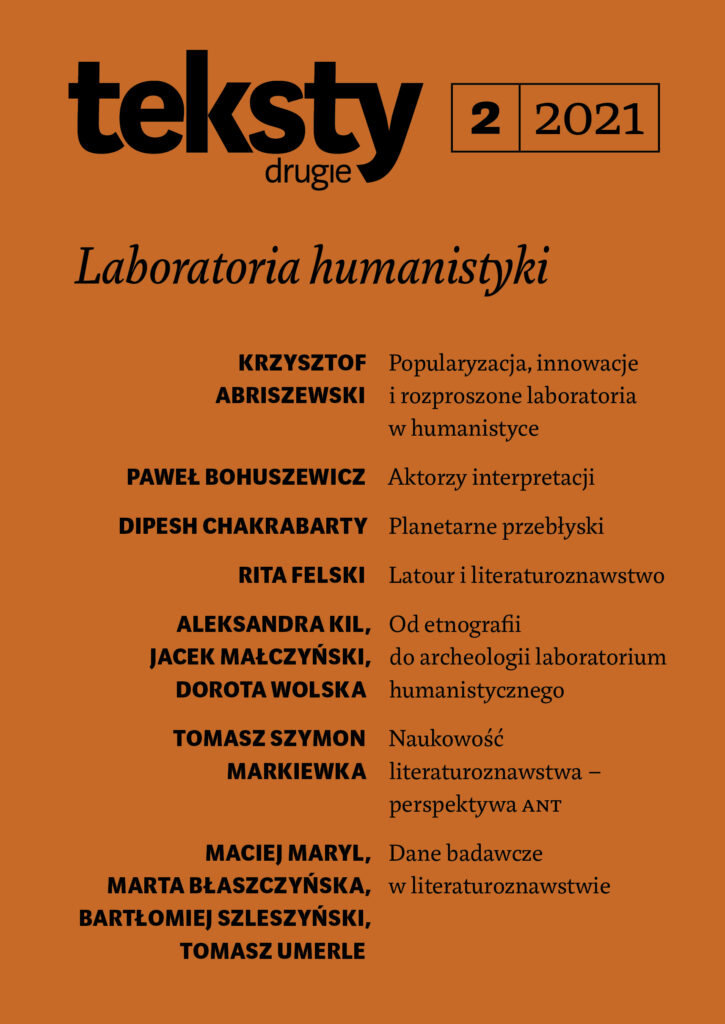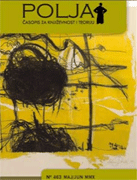
Foucault, Freud, and the Technologies of the Self
FUKO, FROJD I TEHNOLOGIJE SOPSTVA
Intelektualna odiseja Mišela Fukoa nije drugačija od istorije tema koje je proučavao. Obe su imale neočekivane obrte. Fukoovo istraživanje kreće od ludnica do zatvora, od seksualnih tema do tehnika staranja o sebi. Ipak, to istorijsko putovanje poseduje određeni kontinuitet koji se tiče formiranja ljudskog uma, što nam daje prostora za raspravu o Fukoovom odnosu sa Sigmundom Frojdom. Fuko nikada nije opsežno raspravljao o značaju Frojdovog dela. Njegove primedbe sastoje se od razbacanih i obično posrednih referenci.1 Ipak, Fukoov rad je bremenit Frojdovim implicitnim prisustvom. Njegovi tekstovi, posmatrani u celini, mogu se interpretirati kao apostrofi ranje Frojda, iako su njihove metode pristupa umu dijametralno suprotne. Dok je Frojd ponudio metodu za istraživanje unutrašnjeg funkcionisanja psihe, Fuko je pokušavao da pokaže kako je sama metoda stara tehnika samoizgrađivanja, odgovorna za spoljno formiranja duha kroz vekove. Naša koncepcija psihe je, tvrdi Fuko, uslovljena tehnikama koje smo sami smislili kako bismo ispitali njene tajne, kako bismo je prinudili da odustane od skrivenog znanja koje će nam otkriti istinu o tome ko smo. Psihoanaliza je, u istorijskoj perspektivi, pozni dodatak tom poduhvatu koji potiče iz stare, ali nestalne familije tehnika staranja o sebi.
More...
